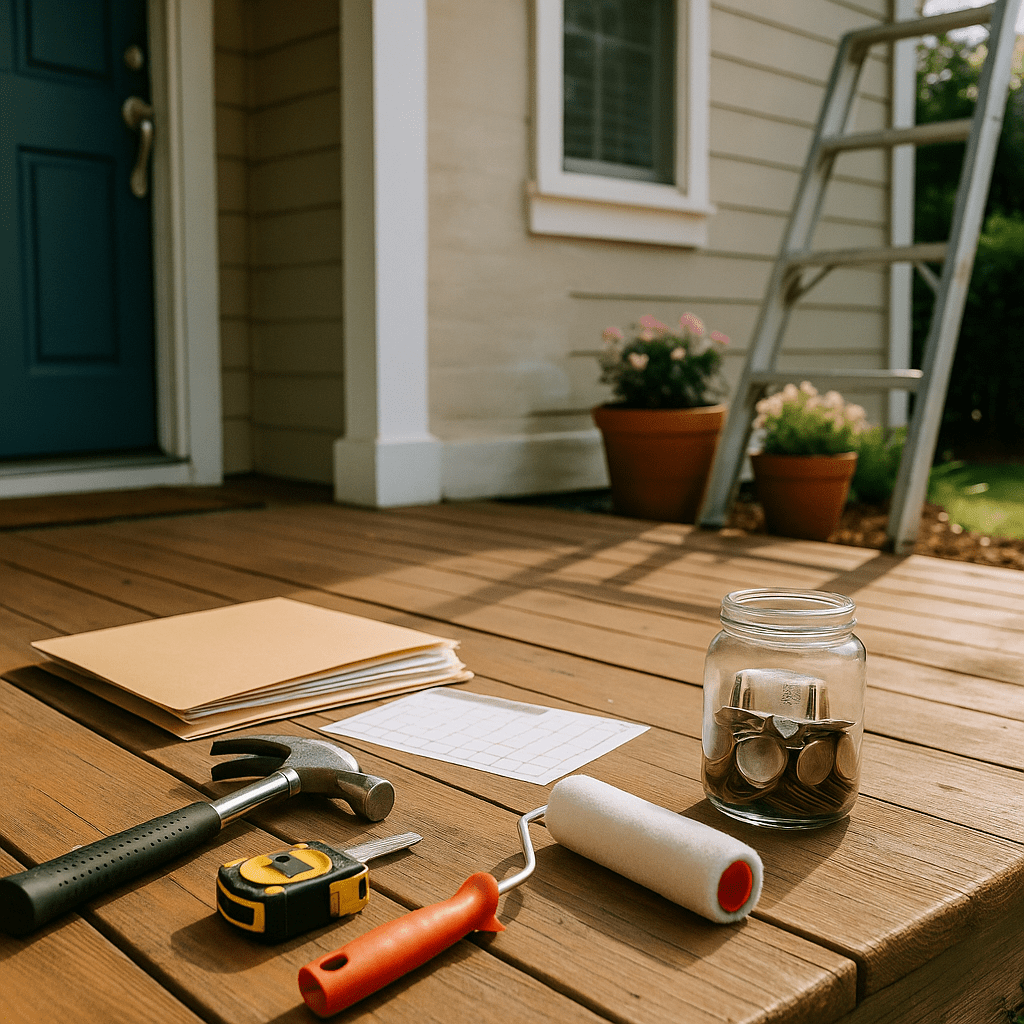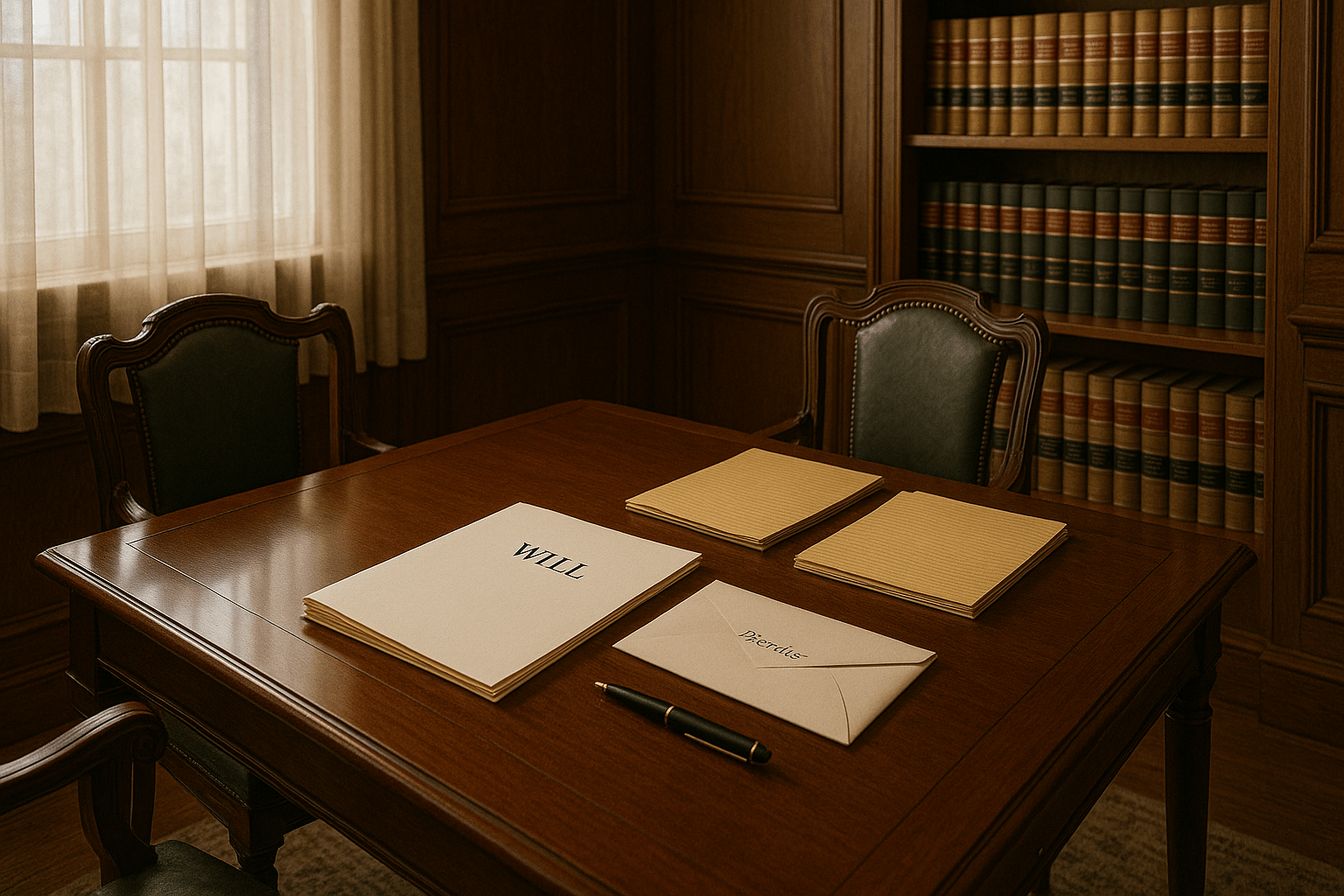When a loved one passes away, heirs often inherit not only homes and real estate but also the expenses that come with them. Mortgage payments, property taxes, landscaping, and critical repairs quickly add up, especially when probate delays prevent heirs from accessing estate funds. For many families, the goal is to preserve these properties rather than sell them under financial pressure. That’s where inheritance advances can make a difference—helping heirs maintain and protect properties until the estate finally closes.
Covering Property Expenses Before Probate Ends
Probate can take months, sometimes even years, to settle. During this time, real estate within the estate still requires ongoing care. Roof leaks need fixing, landscaping must be maintained, and utility bills continue coming due. These responsibilities often fall on heirs long before they have legal access to estate funds.
For families who want to keep inherited property in good condition, using an inheritance advance can help cover necessary expenses without forcing them to pay out of pocket or sell assets prematurely. It allows heirs to protect the property’s value while waiting for the court to finalize ownership transfers.
Locating Property Documents and Assets
Before repairs or upgrades begin, heirs often need to track down deeds, tax records, or insurance documents tied to the property. These materials are sometimes stored in off-site locations such as storage facilities or safe deposit boxes, requiring legal steps before heirs can access them.
Delays in retrieving important records stored in these places can slow down decisions about repairs or maintenance, especially when multiple heirs must approve expenses. The sooner these documents are located, the sooner heirs can address urgent property needs confidently and legally.
Preventing Forced Sales Through Financial Flexibility
One major risk heirs face is losing valuable properties because of unpaid taxes, overdue mortgages, or expensive repairs. Rather than waiting for probate to conclude while bills pile up, heirs can use funding solutions for real estate beneficiaries to handle these expenses upfront.
By accessing part of their inheritance early, families avoid selling properties simply to cover immediate costs. This financial breathing room ensures homes stay in good condition and within the family’s control until the probate process ends.
Understanding Ownership and Inheritance Rules
Property maintenance decisions also depend on ownership structures. Real estate held under joint tenancy may pass directly to the surviving owner, while other properties require full probate proceedings before heirs gain legal control.
Knowing how ownership laws differ from inheritance rules helps heirs anticipate both the timeline and responsibilities for maintaining properties during the transition. When probate stretches out, tools like a probate advance can bridge the gap between ongoing expenses and delayed estate distributions.
Managing Costs During Long Probate Timelines
Lengthy probate processes often leave heirs struggling to balance property upkeep with personal financial obligations. Court backlogs, disputes among beneficiaries, or complicated estates can delay distributions for months or even years.
Families facing these probate delays and extended waiting periods often find that early access to inheritance funds provides stability. Instead of draining personal savings, heirs can maintain properties, pay taxes, and handle repairs without unnecessary financial stress.
Coordinating Repairs with Other Inherited Assets
In some cases, properties are not the only assets requiring attention. Retirement accounts, investments, or personal property with sentimental and financial value may also need management during probate. Heirs handling special considerations like retirement assets or other complex estate holdings often face overlapping responsibilities and expenses.
Having the flexibility to address these costs through inheritance funding allows heirs to manage the estate effectively while preserving both its financial and emotional value.
Protecting Property and Family Legacies
Maintaining inherited properties during probate isn’t just about finances—it’s about preserving family history and ensuring assets remain valuable for future generations. Letting repairs slide or losing properties to unpaid expenses can create lasting regret.
With strategic planning and financial tools available to heirs, families can keep properties in good condition, prevent forced sales, and honor their loved one’s legacy while waiting for the probate process to conclude.








